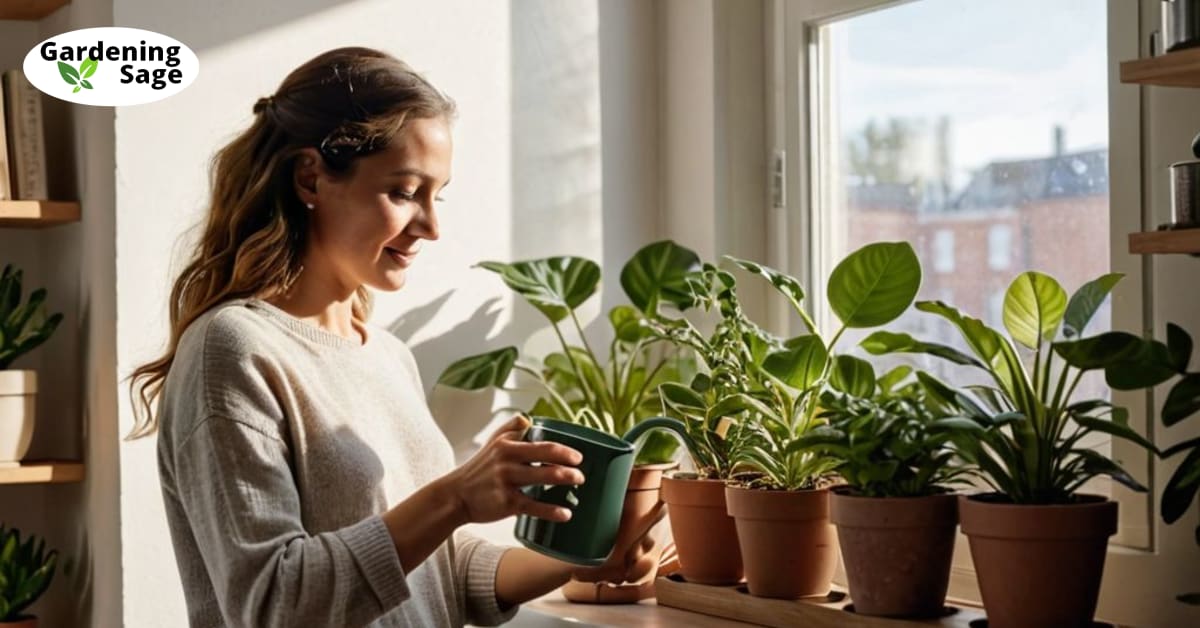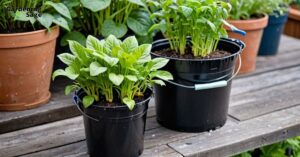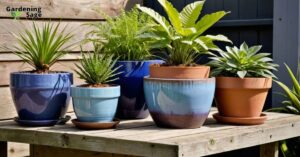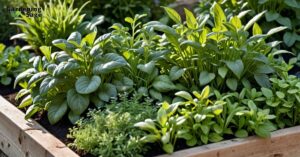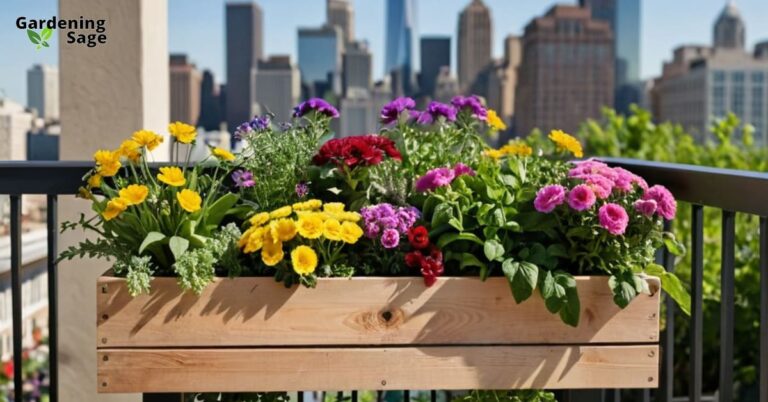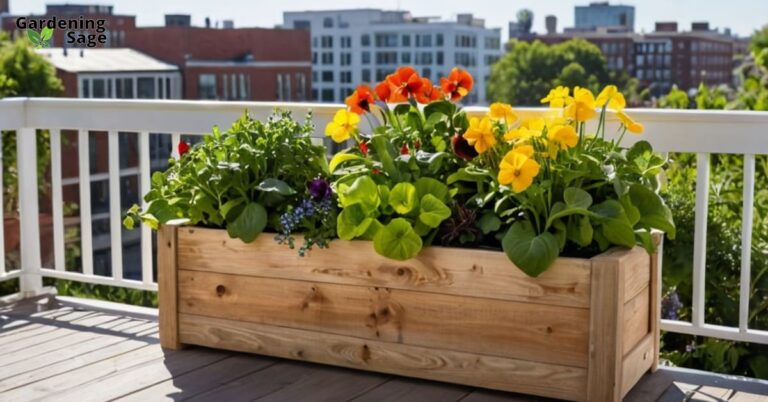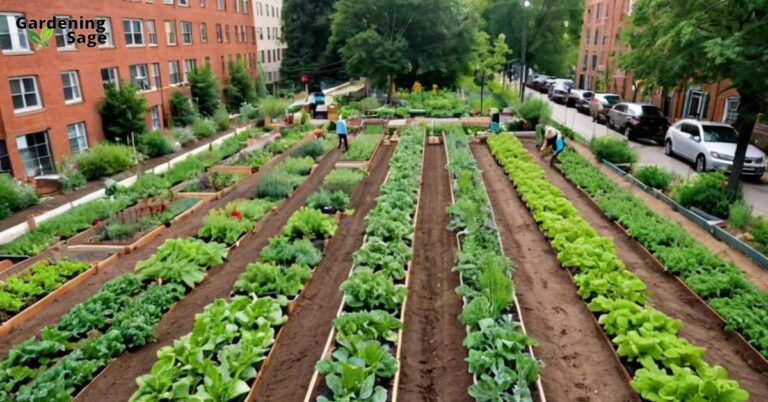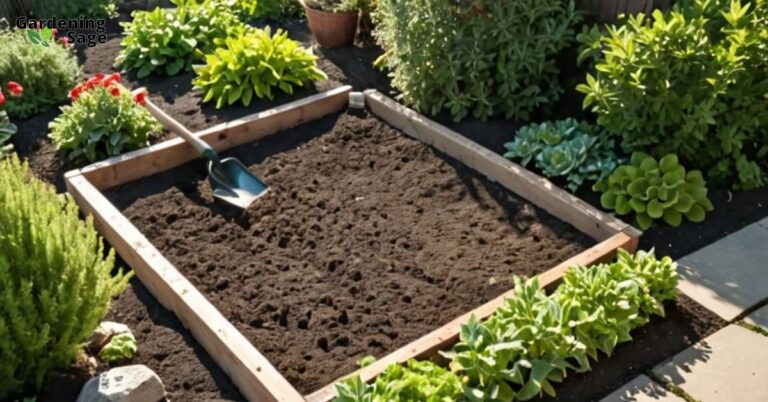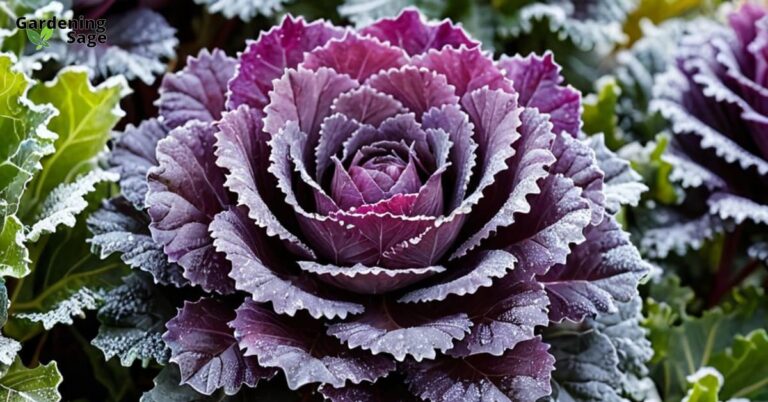The Soothing Benefits of Plant Therapy
In today’s fast-paced world, finding time to slow down and decompress can feel like an impossible feat. Yet carving out moments for relaxation is crucial for both mental and physical wellbeing. An accessible and creative way to incorporate tranquility into your routine is through plant therapy. Interacting with houseplants and flowers can lower stress, improve mood, and restore a sense of calm, offering a respite from the hustle and bustle of daily life.
Plant therapy is not a new concept; it has roots in ancient civilizations where gardens were seen as places of peace and healing. Today, this form of therapy is recognized for its therapeutic properties, providing a natural and holistic approach to wellness. By fostering a connection with the natural world, individuals can tap into the inherent restorative powers of plants.
Reducing Anxiety Through Active Engagement
Studies show that actively engaging with plants can decrease anxiety and depressive thoughts. The hands-on focus required for gardening draws your attention away from worry and rumination. As you care for your plants by watering, pruning, or repotting, you enter a state of relaxed concentration known as flow. This meditative headspace filters out draining intrusive thoughts and allows for a peaceful mental environment.
Additionally, achieving small accomplishments like successfully propagating a cutting or watching a repotted plant thrive can boost self-esteem. These small wins motivate you to continue caring for your plants, creating a positive cycle. The nurturing process also fosters a sense of responsibility and accomplishment, further enhancing your emotional wellbeing.
Moreover, the act of nurturing another living thing can be incredibly rewarding. It can instill a sense of purpose and fulfillment, as you witness the direct impact of your care on the growth and vitality of your plants. This symbiotic relationship between plants and their caretakers is at the heart of plant therapy’s effectiveness.
The Therapeutic Power of Nature
Being around plants, whether indoors or outside in a garden, connects you to nature. Studies demonstrate that exposure to natural environments lowers blood pressure, heart rate, and cortisol levels. The visual presence of living plants can also lift your mood. The natural aesthetic beauty of plants, with their diverse shapes, sizes, and colors, can be a feast for the eyes and a catalyst for joy.
If an outdoor garden isn’t possible, simply having a few houseplants nearby can confer benefits. The vibrant colors and varied textures engage your senses, creating a mini oasis of nature inside your home. This can be particularly beneficial in urban environments where green spaces are limited. The presence of plants in such settings can act as a bridge to the natural world, providing an escape from the concrete jungle.
Furthermore, the act of caring for plants can be a form of exercise, promoting physical health as well. Gardening activities such as digging, planting, and weeding require physical effort, which can contribute to improved strength and stamina. This physical engagement with plants enhances the overall therapeutic experience, combining the benefits of exercise with the calming influence of nature.
Tailoring Plant Therapy to Your Needs
When embarking on plant therapy, consider your lifestyle and needs. For example, succulents or air plants are low maintenance options for busy schedules. Herb gardens offer engagement through ongoing harvesting. Houseplants with air purifying abilities can improve indoor air quality, making them a practical choice for enhancing your living space.
Track your mood before and after sessions caring for your plants. Note which activities bring you joy and a sense of calm. Over time, you may find that just being around your green companions lowers your stress levels. This personal record can help you identify the types of plants and gardening activities that are most beneficial for your mental health.
By integrating plant therapy into your self-care routine, you can reap the soothing benefits of connecting to nature. Allow your leafy friends to ground you in the present moment. Embrace the opportunity to slow down, breathe deeply, and appreciate the simple pleasures of life through the lens of plant care.
Ultimately, plant therapy is a flexible and adaptable form of self-care that can be customized to fit any lifestyle. Whether you have a sprawling garden or a modest collection of indoor plants, the key is to engage with them regularly and mindfully. By doing so, you can cultivate not only a thriving garden but also a more peaceful and centered state of mind.

